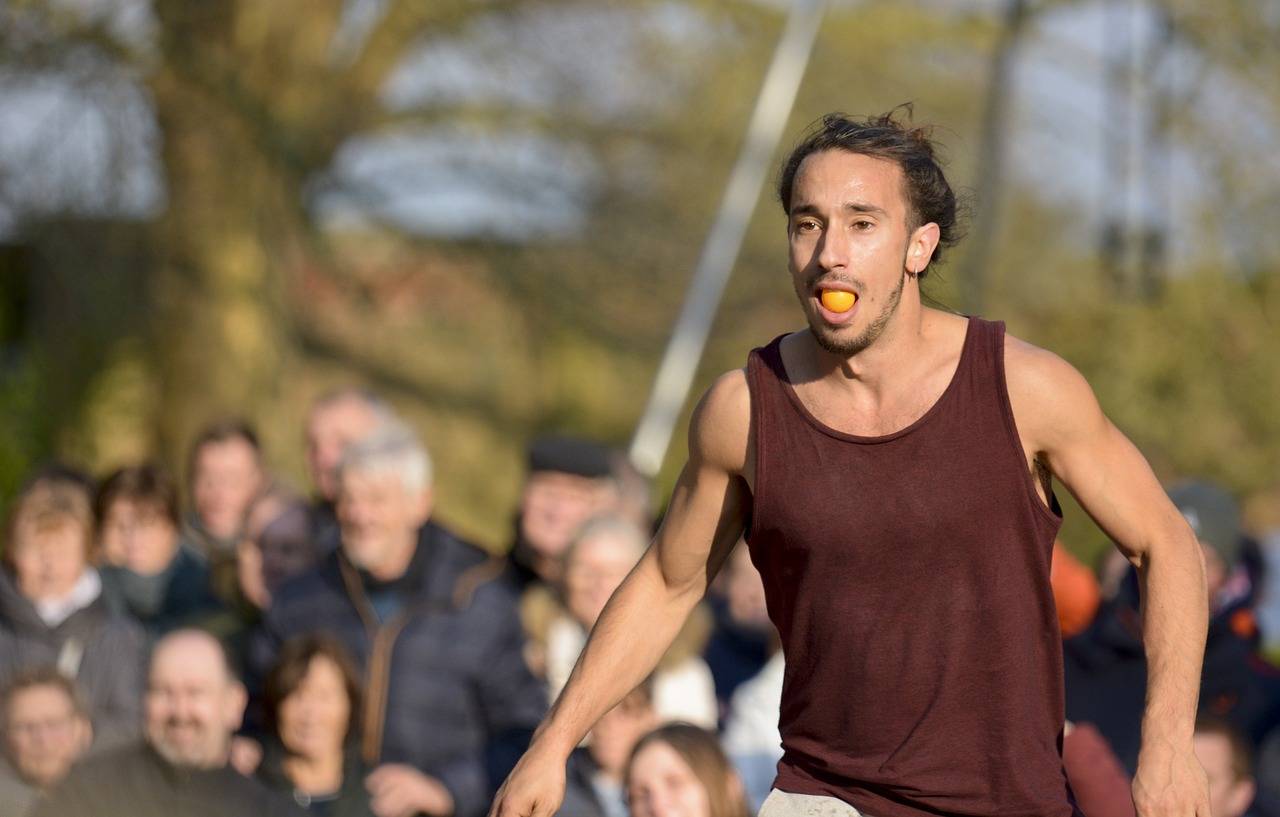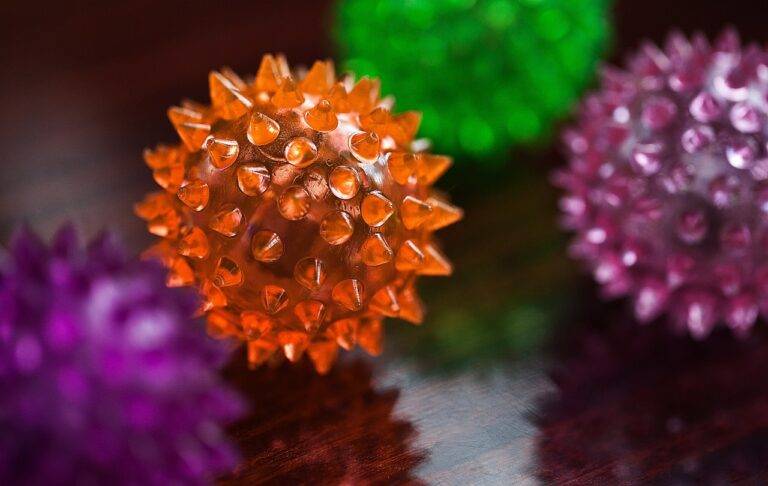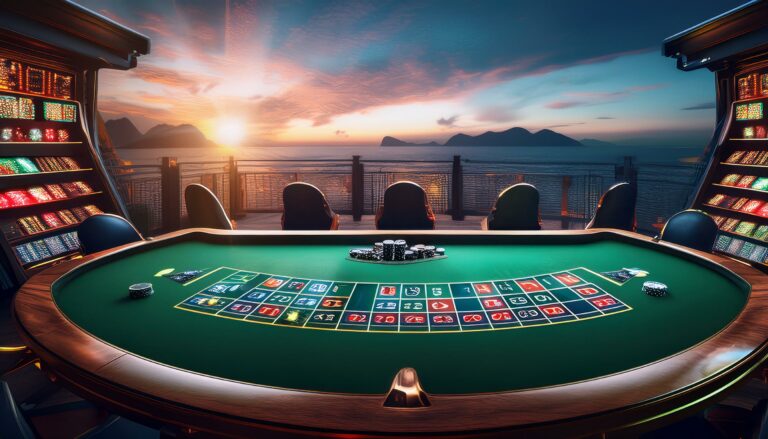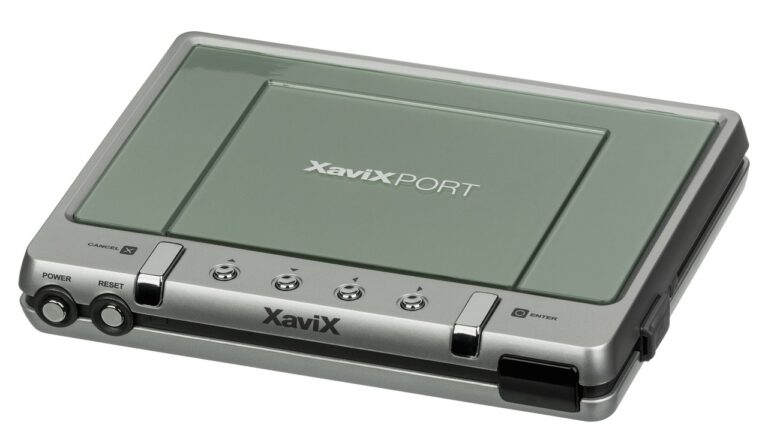The Impact of Social Media Influencers on Beauty Standards: Body Positivity, Diversity, and Self-Image
Social media has revolutionized the beauty industry, with an increasing number of consumers turning to social media influencers for beauty advice and recommendations. These influencers, with their large followings and engaging content, have the power to shape trends and drive consumer purchasing decisions. Their authenticity and relatability resonate with audiences, making them powerful voices within the beauty community.
Traditional beauty brands are recognizing the influence of social media influencers and are increasingly collaborating with them to reach a wider and more engaged audience. Influencers are now seen as key partners in marketing campaigns, with their ability to connect with consumers on a personal level and showcase products in a way that feels genuine and authentic. As a result, social media influencers are playing a significant role in shaping the beauty industry landscape, driving sales and setting new beauty standards.
Evolution of Beauty Standards in the Digital Age
With the advent of social media platforms, the beauty standards have evolved in the digital age. Influencers and celebrities now have a significant influence on shaping beauty ideals. The emphasis has shifted towards flawless skin, contoured features, and expertly applied makeup, as shown in the carefully curated and edited images shared online.
Moreover, the rise of filters and photo-editing tools has made it easier for individuals to alter their appearances digitally. This has led to a blurring of lines between reality and fantasy, creating a sense of pressure to conform to unattainable beauty standards. The constant exposure to idealized images on social media platforms has influenced how individuals perceive beauty, often leading to feelings of inadequacy and a desire to strive for perfection.
How has social media impacted beauty standards?
Social media has played a significant role in shaping beauty standards by promoting certain beauty ideals and influencing how individuals perceive their own appearance.
What role do social media influencers play in the beauty industry?
Social media influencers have become key players in the beauty industry, often setting trends and influencing consumer behavior through their online presence.
How have beauty standards evolved in the digital age?
Beauty standards in the digital age have become more diverse and inclusive, with a greater emphasis on self-expression and individuality.
What are some potential drawbacks of social media on beauty standards?
Social media can create unrealistic beauty expectations, promote unhealthy body image, and contribute to feelings of inadequacy or low self-esteem among users.
How can individuals navigate beauty standards in the digital age?
It is important for individuals to prioritize self-acceptance, focus on their own unique beauty, and be critical of the beauty standards perpetuated by social media.






